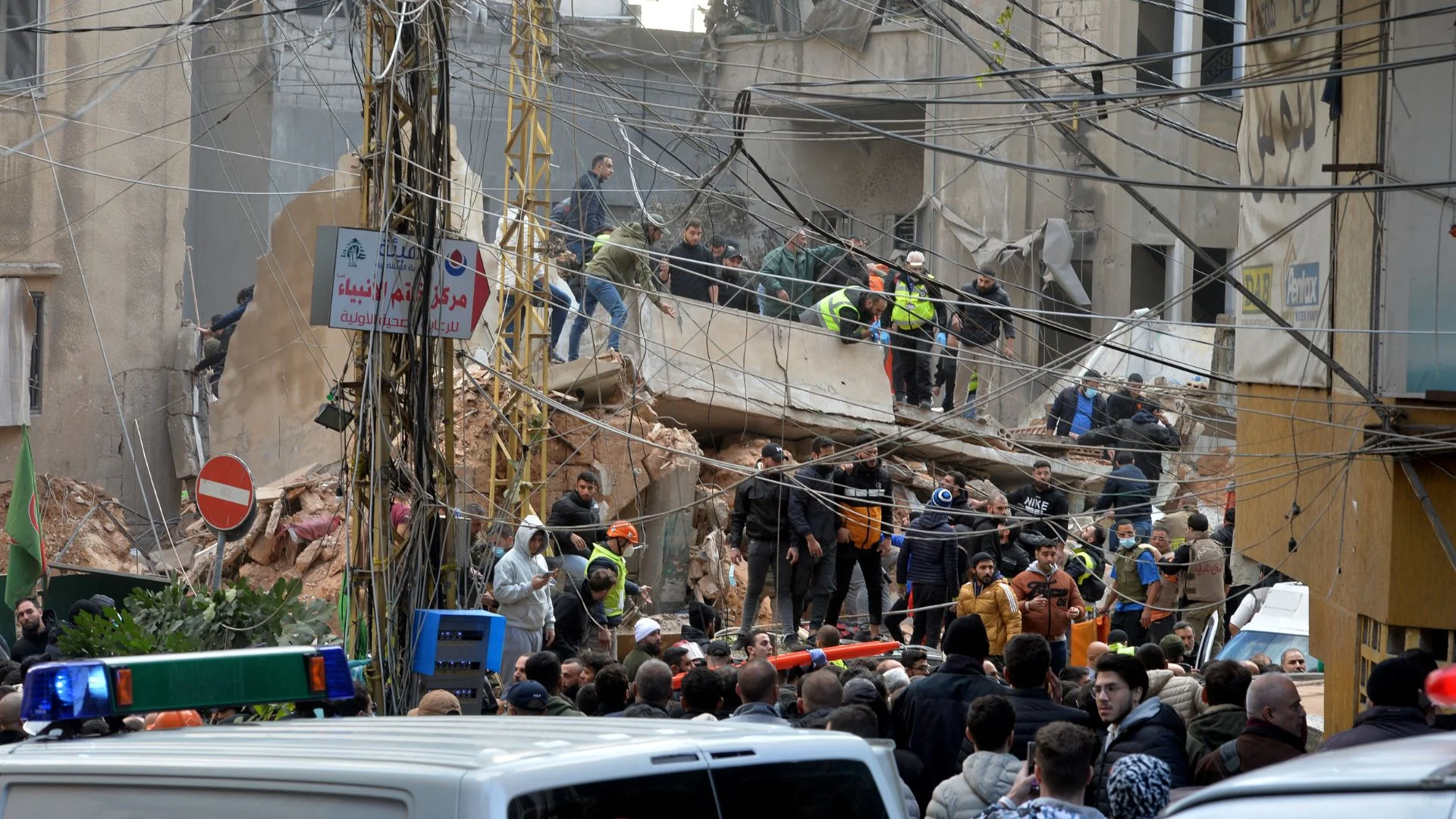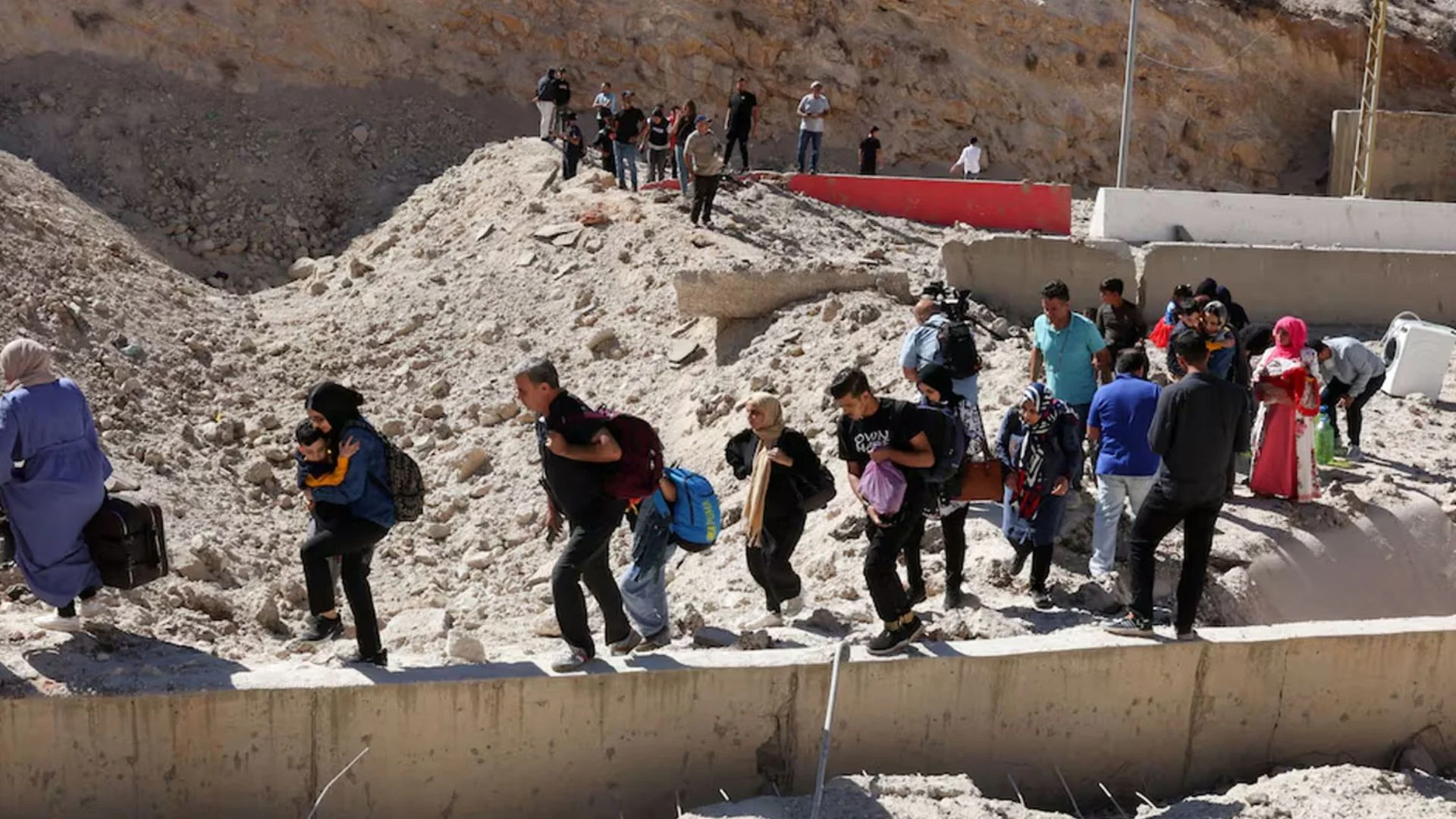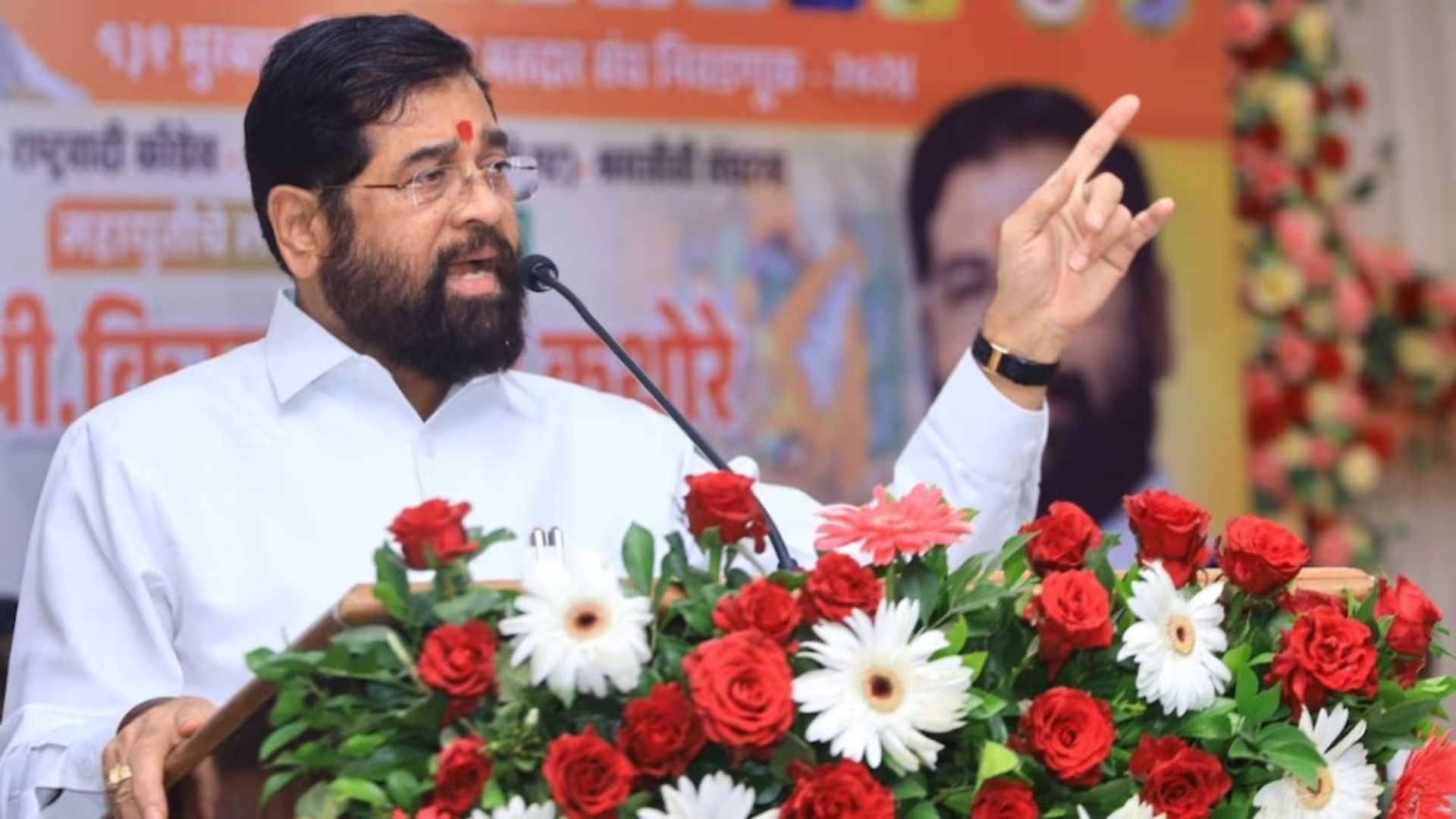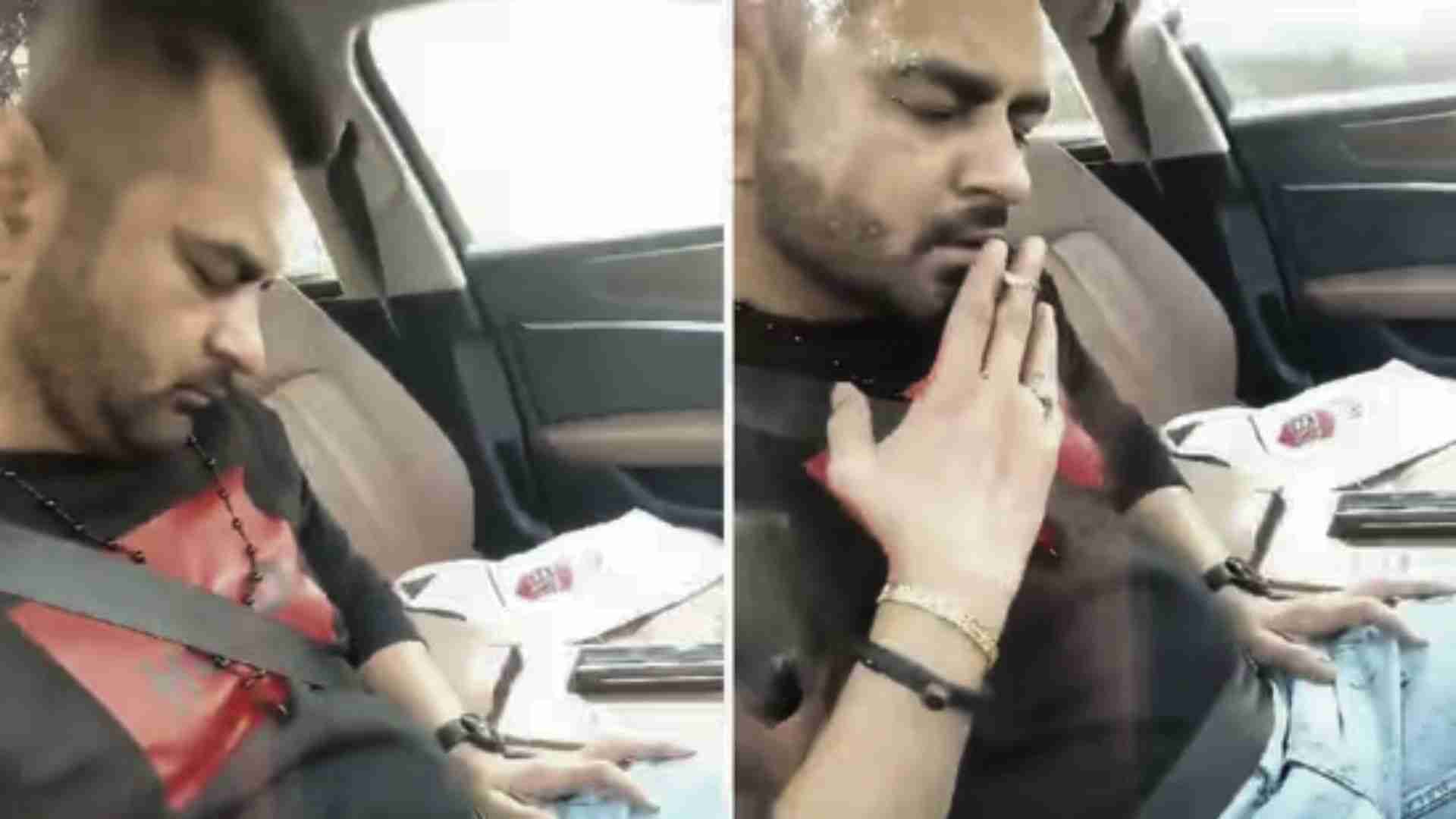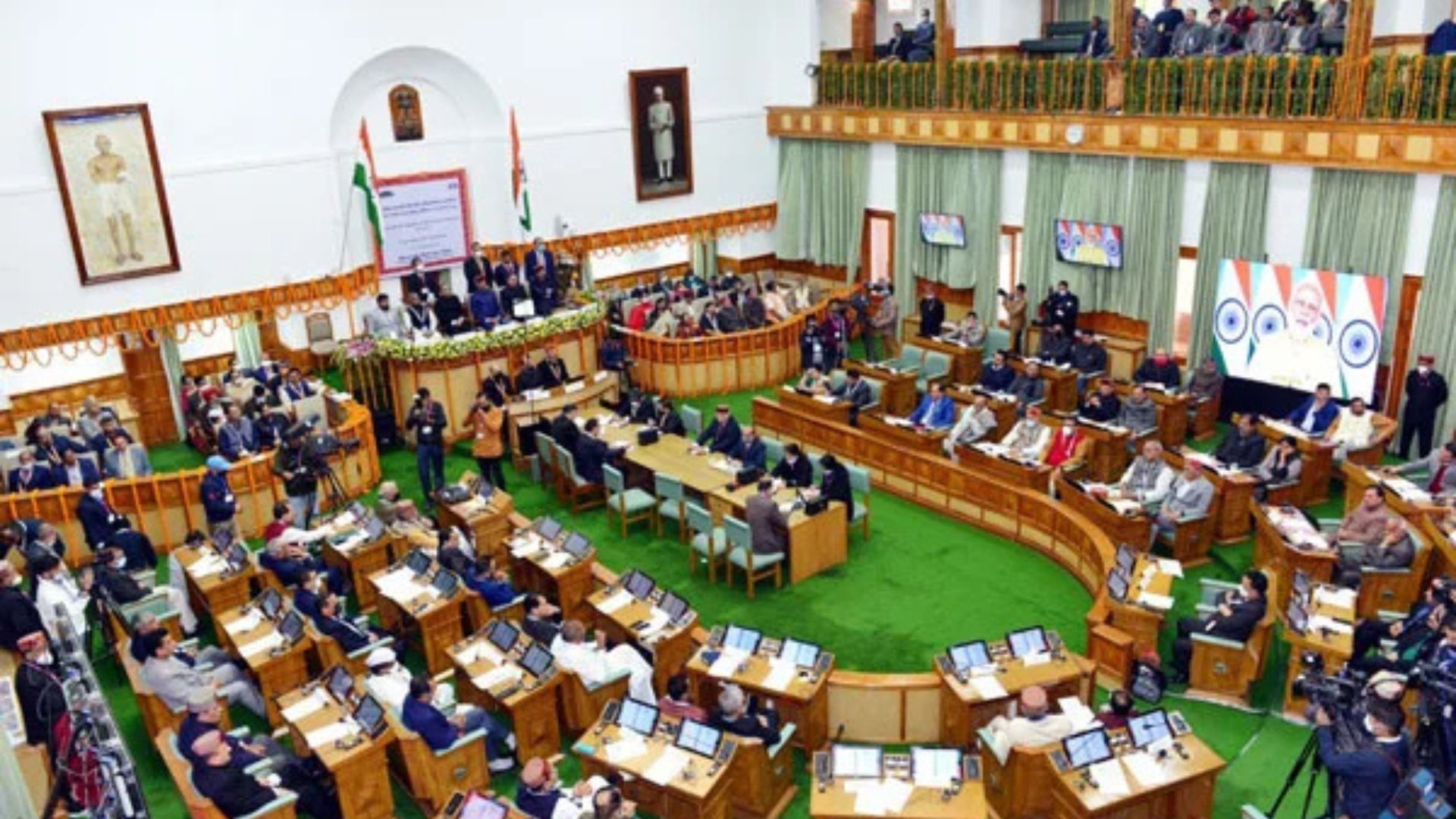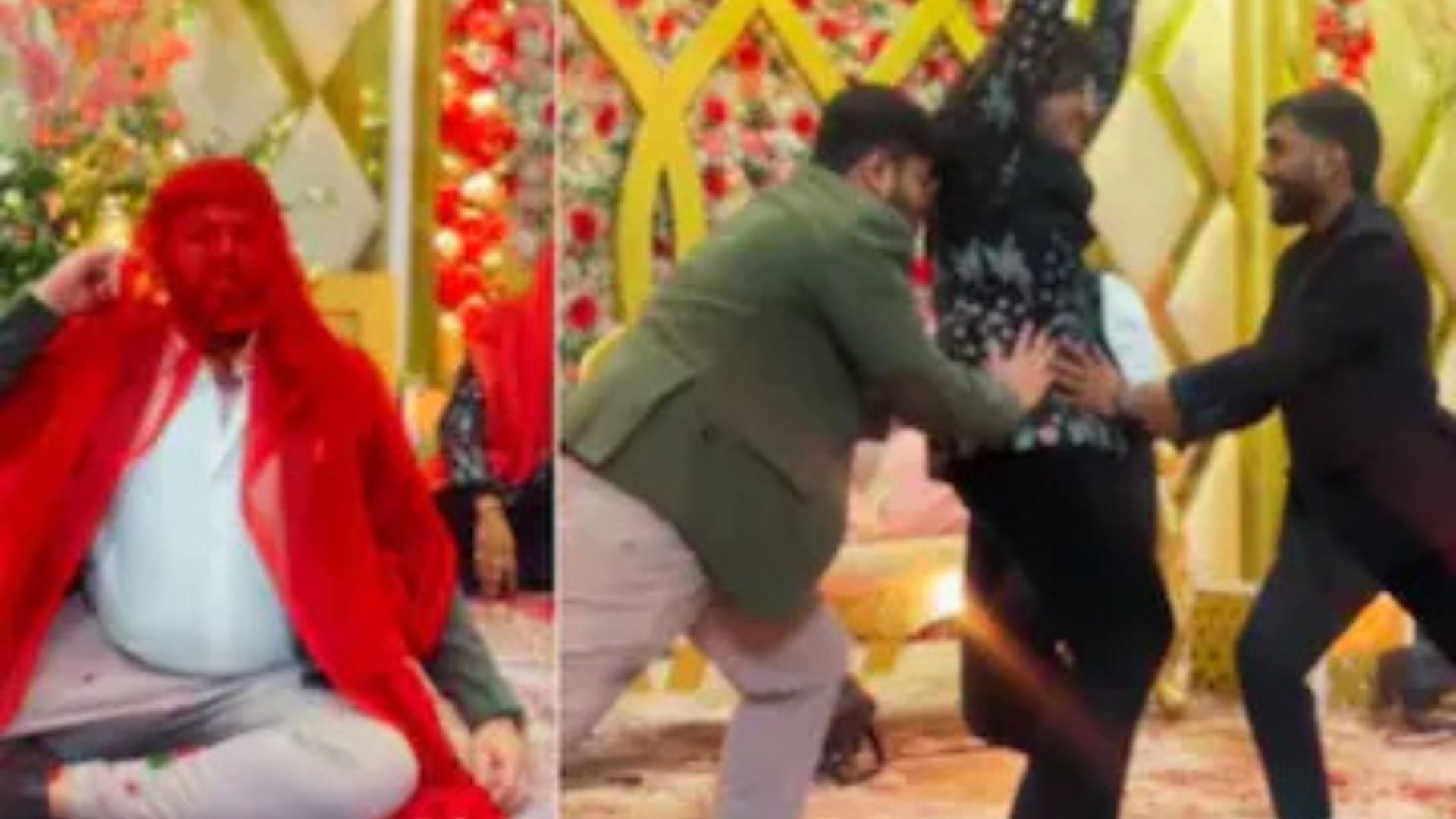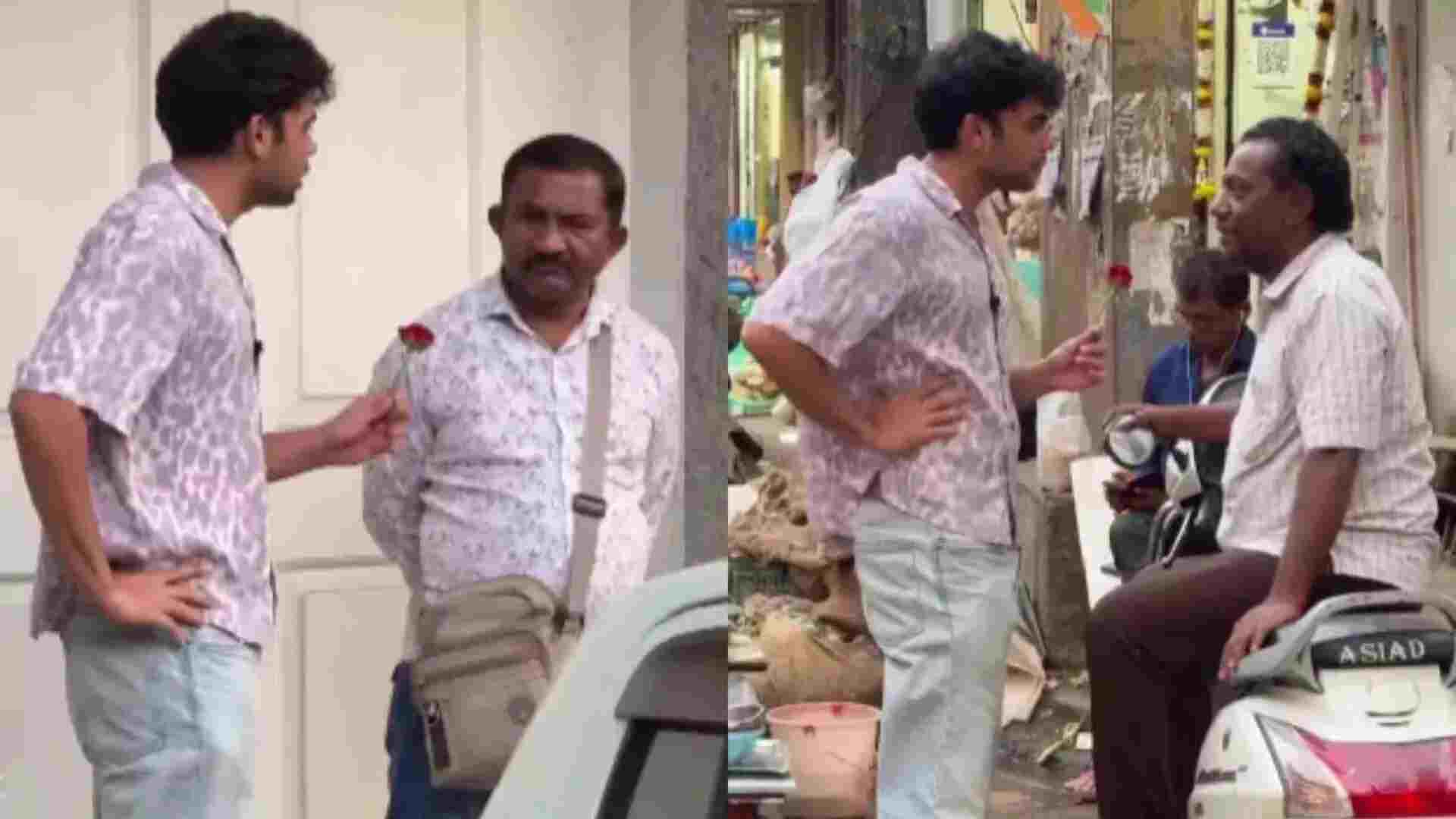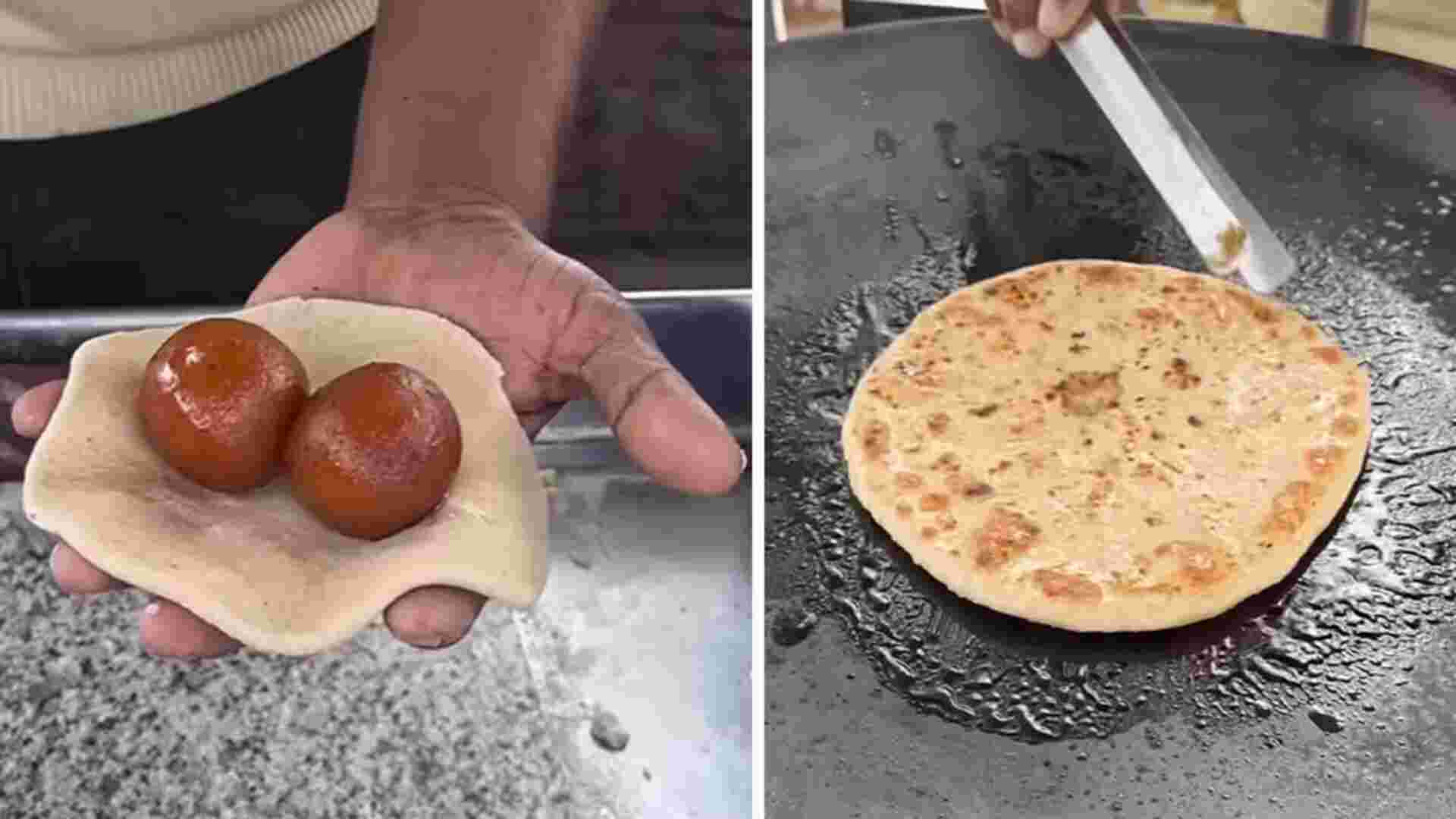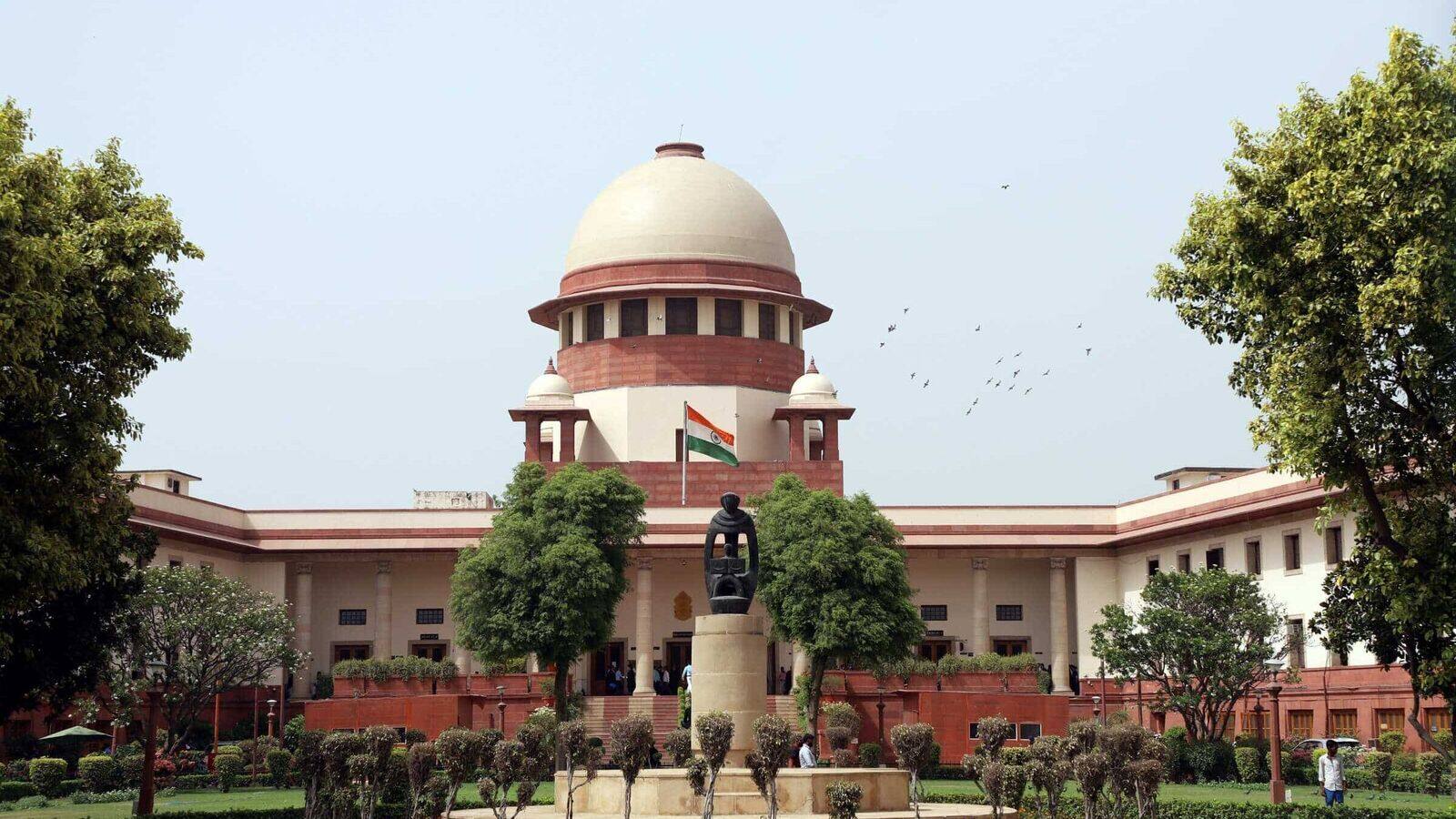
The Supreme Court announced on Wednesday that it will scrutinize the rules proposed by the Bar Council of India (BCI) to address issues related to lawyers’ strikes. Justices Sudhanshu Dhulia and SVN Bhatti listed the matter for further hearing in February. BCI Chairman Manan Kumar Mishra assured the court that the rules could be examined, and any suggestions from the court would be accepted without conditions.
“We will examine these rules. The rules, therefore, need to be examined in detail,” stated the court, scheduling the matter for February. BCI Chairman Mishra informed the court that they considered suggestions from petitioner Prashant Bhushan while drafting the rules to address issues related to lawyer strikes.
The court addressed a contempt petition by the NGO Common Cause regarding lawyer strikes, seeking action against lawyers who abstain from work. The petitioner also urged the BCI to issue directions to include appropriate rules prohibiting strikes by advocates in the ‘Standards for Professional Conduct and Etiquette’ under Section 49(1)(c) of the Advocates Act, 1961.
During the hearing, Prashant Bhushan proposed that committee members or Bar Associations should refuse to call a meeting to consider a strike requisition. He suggested immediate disciplinary action against any officeholder of the Bar Council or Bar Association giving a strike call for professional misconduct. Bhushan also recommended initiating immediate action against advocates obstructing others from appearing before any court.
BCI Chairman Mishra emphasized practicality, stating that lawyers cannot be denied the right to observe a strike protesting certain incidents. Justice Dhulia, recalling his early days in Allahabad High Court, noted that despite strikes, things were better than in those periods.
Prashant Bhushan acknowledged the court’s intervention but insisted that the problem wouldn’t be resolved without clear rules. In the previous hearing, the Bar Council of India sought to place on record the draft rules, suggesting that if the court provides prompt approval, the rules can be framed. The court directed the respondents to provide draft copies to the petitioner’s counsel for examination.
